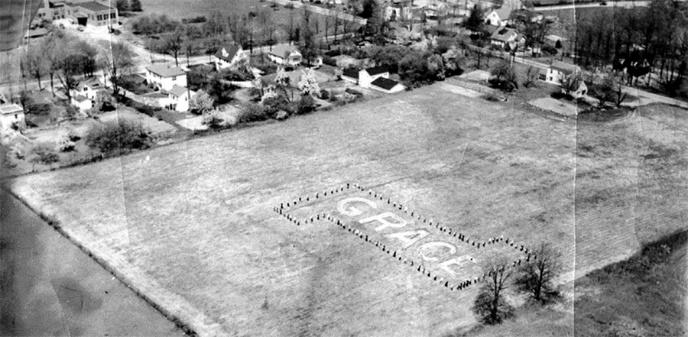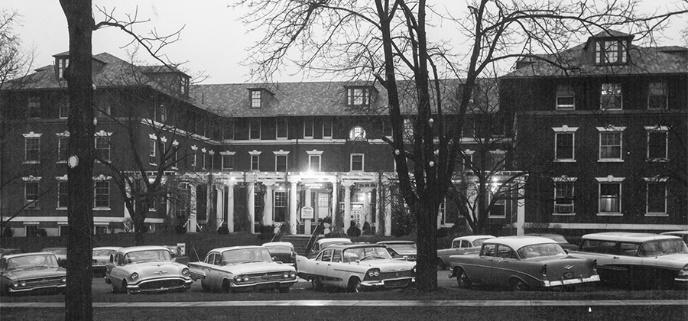Affiliated with the Charis Fellowship, (formerly Fellowship of Grace Brethren Churches), Grace Theological Seminary was founded in 1937, and the college was established 11 years later in 1948. The founders—including Alva J. McClain, the institution’s first president—drew distinctive features from their Brethren heritage, which, in turn, drew from various historical traditions. These historical traditions included Pietism, a centuries-old movement of personal and experiential faith, and the Anabaptist and Calvinist branches of the Protestant Reformation. This heritage also included a promise to remain free from worldly conformity yet relevant to the culture around them. This commitment challenged the Brethren movement throughout the 19th and early 20th centuries. As McClain and his fellow founders established the seminary and then the college, they sought to create an environment that was informed by the eclectic heritage of the Brethren tradition while fashioning an institution that would thrive within American evangelicalism, which grew increasingly robust and influential in the 1930s and 40s. Grace’s evangelical identity was enhanced by the location of the seminary and college in Winona Lake, Indiana, a resort community that had become a center for Progressive Era social and political activity and, by the 1920s, a well-known location for evangelical Bible conferences.



